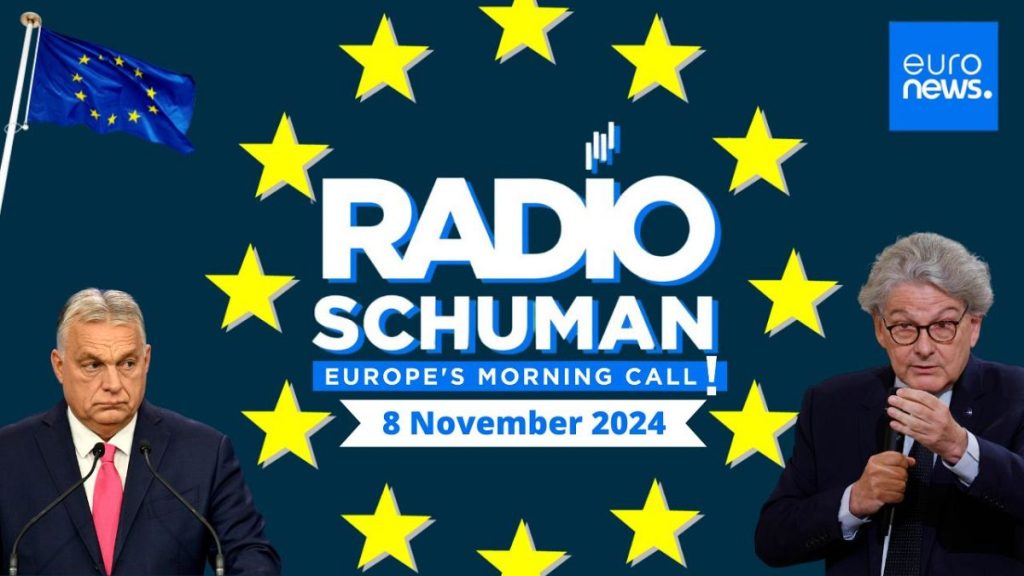In a recent interview with Euronews, former European Commissioner Thierry Breton disclosed that US President Donald Trump turns to Hungarian Prime Minister Viktor Orbán to gauge the pulse of Europe. European leaders were caught off guard by Trump’s victory, and Breton expressed his belief that Orbán could become Trump’s key interlocutor in Europe. The interview took place as European leaders met in Budapest to discuss Trump’s intentions to end the Ukraine war and impose tariffs on foreign goods entering the US. Breton emphasized the importance of the EU institutions taking on a stronger leadership role in response to these developments.
Breton’s comments highlight the potential shift in power dynamics within Europe, with Orbán emerging as a key player in relations with the US. The Informal European Council meeting in Budapest was convened to address Trump’s statements regarding the Ukraine war and tariffs on foreign goods. European leaders were faced with the challenge of crafting a unified stance in response to Trump’s declarations, and Breton emphasized the need for strong leadership from EU institutions in navigating these uncertain times. The role of Orbán as a potential intermediary between Trump and Europe underscores the complexities of international relations in the current political climate.
The exclusive interview with Breton sheds light on the evolving dynamics of US-European relations under the Trump administration. By turning to Orbán for insights into European sentiment, Trump is signaling a potential shift in his approach to dealing with the EU. Breton’s analysis of the situation underscores the need for European leaders to remain vigilant and united in response to Trump’s policies. The Informal European Council meeting in Budapest served as a platform for discussions on how best to address Trump’s declarations and navigate the changing landscape of transatlantic relations.
As Europe grapples with the implications of Trump’s presidency, Breton’s insights provide valuable perspective on the challenges ahead. The EU institutions must step up and take a leadership role in responding to Trump’s policies, particularly in light of his plans for the Ukraine war and trade tariffs. The potential role of Orbán as a key interlocutor between Trump and Europe adds a new dimension to the already complex relationship between the US and the EU. It remains to be seen how European leaders will navigate these challenges and forge a unified stance in the face of uncertainty.
Overall, Breton’s interview with Euronews offers a timely exploration of the shifting dynamics in US-European relations under the Trump administration. The Informal European Council meeting in Budapest provided a platform for European leaders to discuss and strategize in response to Trump’s statements on the Ukraine war and trade tariffs. Breton’s call for stronger leadership from EU institutions underscores the need for a united front in addressing the challenges posed by Trump’s policies. The potential role of Orbán as a key interlocutor with Trump highlights the complexities of international relations and the need for strategic cooperation among European leaders.


